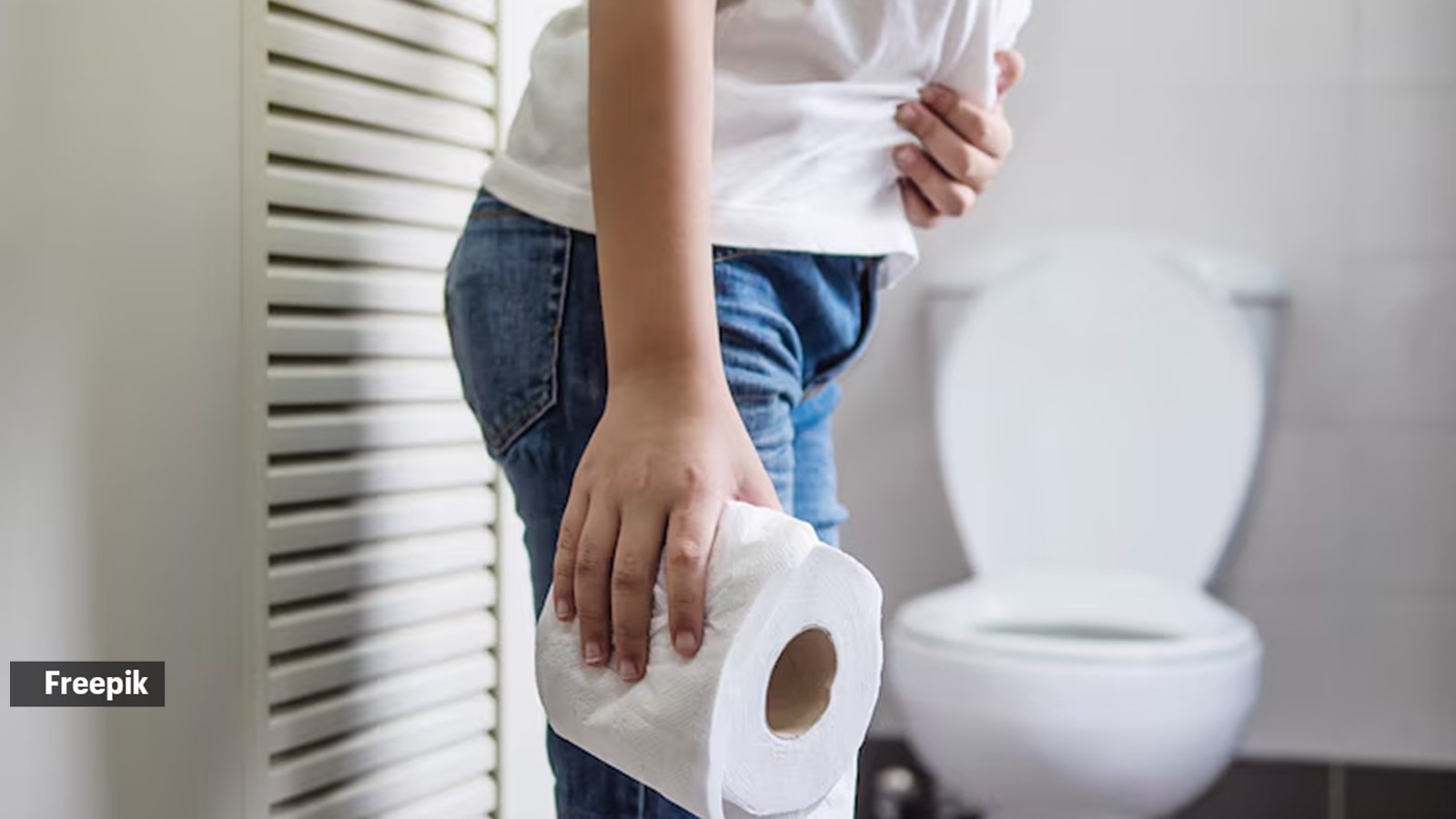We talk a lot about immunity-boosting foods, especially during the summers and monsoons. That is because if our gut is unhappy, it can lead to compromised immunity. And celebrity nutritionist Pooja Makhija says that about 70% of our immune cells lie in our gut; if our gut microbiome isn’t strong enough, vitamin supplements such as zinc and vitamin D cannot be absorbed by the gut.
“You don’t catch colds — your gut lets them in. We talk about ‘boosting’ immunity with food and supplements… but real immunity isn’t about more, it’s about absorption,” she wrote on Instagram.
Speaking further about the role of gut microbiome in boosting immunity, she said: “Remember, the gut microbiome is a diverse colony, but when you take too many antibiotics or too much stress, the microbiome gets pilfered or what is known as the leaky gut.”
What about ways to strengthen the microbiome? Makhija advised ditching the raw and encouraged sticking to warm foods. “Sip on ajwain, jeera and saunf water, have a teaspoon of fermented rice kanji, or a homemade pickle, and lastly try a week of gut reset teas — licorice (mulethi) and triphala,” she added, sharing a list of ingredients that help in this endeavour.
1. Jeera (Cumin seeds)
Key action: Stimulates digestive enzymes
• Increases bile production → Improves fat digestion and nutrient absorption.
• Rich in antioxidants like apigenin, which support gut healing.
2. Ajwain (Carom seeds)
Key action: Reduces gas, bloating, and microbial overgrowth
• Contains thymol, a natural antimicrobial and antispasmodic.
• Enhances secretion of gastric juices, preventing sluggish digestion post-meals.
3. Saunf (Fennel seeds)
Key action: Soothes the gut lining and relieves cramping
• Contains anethole, which has anti-spasmodic and mild estrogenic activity (bonus for women during hormonal shifts).
• Calms inflammation and supports smooth digestion, especially after heavy or spicy meals.
Story continues below this ad
Makhija’s recipe:
• 1 tsp jeera + ½ tsp ajwain + 1 tsp saunf
• Boil in 2 cups of water for 5–10 mins, strain, sip warm after lunch/dinner.
 A leaky gut can invite bacteria and viruses (Source: Freepik)
A leaky gut can invite bacteria and viruses (Source: Freepik)
Indianexpress.com reached out to a health expert and found out more about the gut-immunity connection and how far it can help prevent colds.
Dr Dipak Bhangale, Consultant, Hepatlogy, Interventional Endoscopy, Kokilaben Dhirubhai Ambani Hospital, Navi Mumbai, told us that new research highlights the gut’s emerging role in determining the immune response to simple infections such as the cold.
“Approximately 70% of immune cells are in the gut-associated lymphoid tissue (GALT). A gut microbiome is a collection of trillions of bacteria inhabiting your intestines. A healthy gut microbiome can modulate such immune responses and acts as the first line of defense against invaders,” he explained.
Story continues below this ad
Dr Bhangale concurred with Makhija, adding that if the gut microbiome is not balanced due to poor diet, stress, and overuse of antibiotics) the immune system becomes less competent in detecting and eliminating specific viruses like rhinovirus — the one responsible for the common cold. This makes people more prone to illnesses.
What can you do to stay protected?
To stay protected, Dr Bhangale recommended improving your gut health. “Consume a diet rich in fiber, varied fruits, vegetables, and fermented products like yogurt or kefir that stimulate the growth of good bacteria. Strive to minimize the consumption of excess sugars and processed foods that nourish harmful microbes. Sleep well, manage stress, and use probiotics during or after antibiotics,” he recommended.
In the end, he emphasised that a strong gut improves systemic immunity, lowering the likelihood of ‘catching’ a cold and ensuring robust defenses are in place before the virus seeks to establish a foothold.
DISCLAIMER: This article is based on information from the public domain and/or the experts we spoke to. Always consult your health practitioner before starting any routine.



